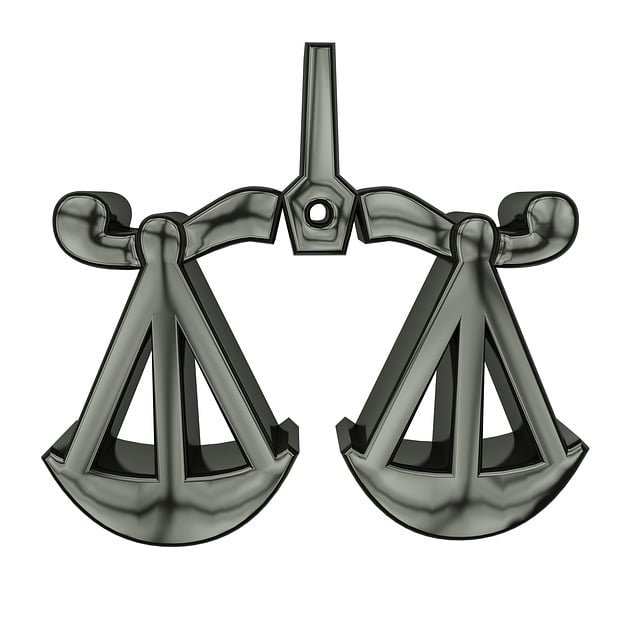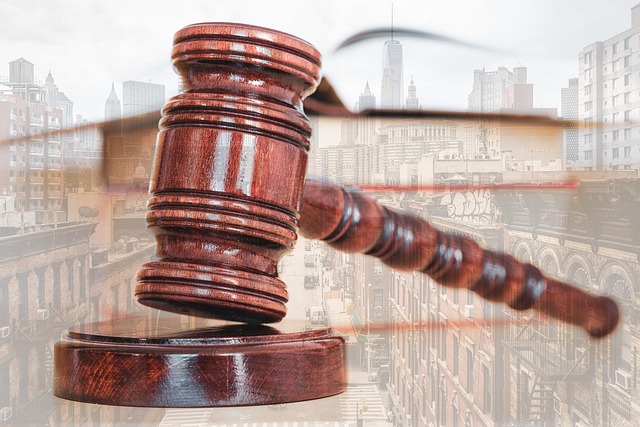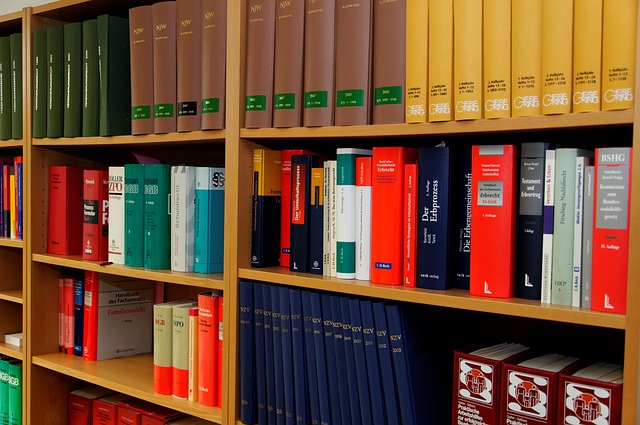Understanding Criminal Procedure Law Basics is essential for ensuring fairness and due process in criminal justice. This includes knowledge of fair trials, police procedures like probable cause and Miranda rights, and criminal defense strategies aimed at balancing accountability and individual liberties. The arrest and booking process, crucial for accurate legal documentation, must be handled expertly. In detention, accused persons have specific rights, from silence to legal representation, which are vital for protecting their interests across various crime types.
Understanding criminal procedure law basics is essential for navigating the complex landscape of justice. This article delves into defining criminal law and its purpose, exploring key components that underpin effective enforcement. From the initial arrest and booking process to the rights of accused persons during detention, each step demands meticulous adherence to due process. By grasping these fundamental aspects, we foster a more transparent and fair legal system, ensuring every individual receives justice in accordance with the law.
- Defining Criminal Law and Its Purpose
- Key Components of Criminal Procedure
- The Arrest and Booking Process
- Rights of Accused Persons During Detention
Defining Criminal Law and Its Purpose

Criminal law, a cornerstone of legal systems worldwide, is a body of rules designed to protect society by regulating criminal behaviour. It defines acts considered harmful or dangerous to the community and outlines consequences for their commission. Understanding criminal law involves grasping its fundamental purpose: deterring potential offenders, rehabilitating wrongdoers, and providing justice for victims. This branch of law seeks to maintain social order and ensure the safety and well-being of citizens.
At its core, the practice of criminal law involves navigating complex procedures to secure fair trials for those accused of crimes. The understanding criminal procedure law basics include ensuring that individuals are informed of their rights, providing due process, and upholding the principles of a just and impartial judiciary. It’s about balancing the need to hold offenders accountable while safeguarding the rights of the accused, ultimately fostering a philanthropic and political communities that values both justice and fairness.
Key Components of Criminal Procedure

Understanding Criminal Procedure Law Basics is paramount for anyone interested in criminal law enforcement. The key components of this legal framework ensure fairness and due process during all stages of the investigative and enforcement process. This includes the initial arrest, where police must have probable cause to believe a crime has been or is being committed, and the reading of Miranda rights, which protect an individual’s Fifth Amendment rights against self-incrimination.
Additionally, the general criminal defense strategy plays a significant role in balancing the power dynamics between the prosecution and the accused. This involves challenging the evidence presented, raising reasonable doubt, and advocating for a complete dismissal of all charges if the client’s innocence cannot be proven beyond a reasonable doubt. These procedures are designed to safeguard individual liberties while maintaining public safety.
The Arrest and Booking Process

The arrest and booking process is a crucial aspect of understanding criminal procedure law basics. When a suspect is taken into custody, they are transported to a police station for booking. During this stage, authorities collect essential information, including identifying details, fingerprints, and photos, which help in processing and later identification. Booking also involves the completion of legal documentation, informing the individual of their rights, and charging them with any alleged offenses. This process is critical as it sets the legal framework for the subsequent stages of the criminal justice system.
For many, especially those facing high-stakes cases, a thorough grasp of these initial steps can be pivotal. Missteps or misunderstandings at this stage might lead to a complete dismissal of all charges in some respective business. Therefore, clarity on the rights and procedures involved is essential for anyone navigating the complexities of criminal law enforcement.
Rights of Accused Persons During Detention

In any detention scenario, understanding criminal procedure law basics is paramount to ensuring the rights of accused persons. These individuals face significant challenges and have specific protections under the law, which vary based on the nature of the crime they’re suspected of, from general criminal defense to white-collar and economic crimes. Knowing these rights is crucial for both the accused and their legal representatives.
For instance, accused persons have the right to remain silent, a fundamental protection against self-incrimination. They should also be informed of their right to an attorney, who can provide guidance on how to navigate the criminal justice system and potentially avoid indictment. Legal counsel can help in understanding the evidence against them, negotiating a plea deal if appropriate, or advocating for their innocence throughout the detention process.
Understanding criminal procedure law basics is essential for navigating the complexities of the justice system. By grasping key components such as arrest, booking, and accused persons’ rights during detention, individuals can better comprehend their place within this intricate process. This knowledge empowers folks to ensure fairness and due process, fostering a more transparent and accountable legal framework.






